Indonesia Plans to Implement Mandatory Producer Plastic Recycling System by 2029
The Indonesian Ministry of Environment is advancing a policy to mandate plastic recycling, requiring manufacturers to take responsibility for the recycling of plastic packaging waste. This policy is planned to be fully implemented by 2029 as a key measure in the nation's efforts to address plastic pollution.
Minister of Environment Hanif Faisol Nurofiq stated in Malang City, East Java Province, that the government will upgrade the existing "Extended Producer Responsibility" (EPR) system. Previously voluntary, this system is now proposed to become a mandatory scheme covering all product manufacturers using plastic packaging.
"We hold a strict attitude towards plastic recycling and reuse. Last night, we discussed specific measures with the Minister of Industry," Nurofik said. He emphasized that businesses must take greater responsibility for the waste generated by their products, especially single-use plastic products that are difficult to degrade. Even through physical treatment, plastics will still break down into microplastics that pollute the environment.
"The environmental harm caused by plastic stems from its single-use nature and the presence of toxic and harmful substances," the minister added. Starting from January 1, 2025, Indonesia has fully banned the import of plastic waste.
This policy is an important part of Indonesia's 2025-2029 National Medium-Term Development Plan, aimed at achieving the waste management goals set by the government for 2029. "There are no exceptions in the field of plastics; the President has requested the completion of the system construction by 2029. We are currently building the policy framework," explained Nurofik.
In addition to mandatory recycling, the Ministry of the Environment also plans to implement waste-to-energy projects in areas with a daily waste output exceeding 1,000 tons. However, the minister emphasized that such technology is costly and complex to implement and should be used as a last resort.
"Garbage incineration should only be used in emergency situations, such as the explosion accident at Jakarta's Bantar Gebang landfill," he illustrated. The government will prioritize fundamental measures such as source reduction and classified recycling.
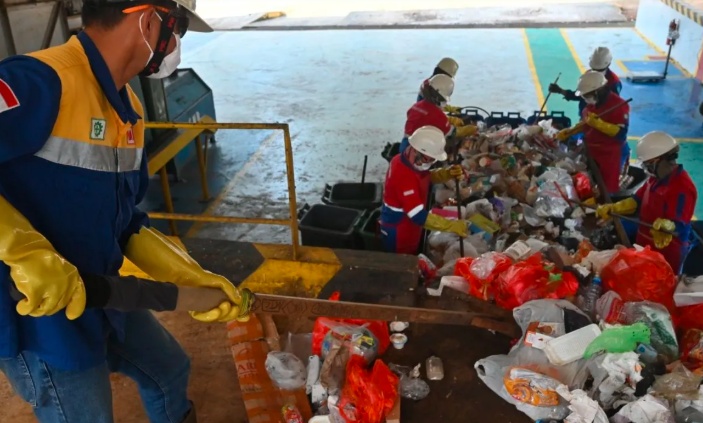
【Copyright and Disclaimer】The above information is collected and organized by PlastMatch. The copyright belongs to the original author. This article is reprinted for the purpose of providing more information, and it does not imply that PlastMatch endorses the views expressed in the article or guarantees its accuracy. If there are any errors in the source attribution or if your legitimate rights have been infringed, please contact us, and we will promptly correct or remove the content. If other media, websites, or individuals use the aforementioned content, they must clearly indicate the original source and origin of the work and assume legal responsibility on their own.
Most Popular
-
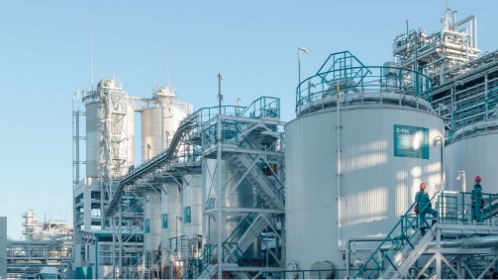
Four Major Chemical New Material Giants Sell Off and Shut Down Again!
-
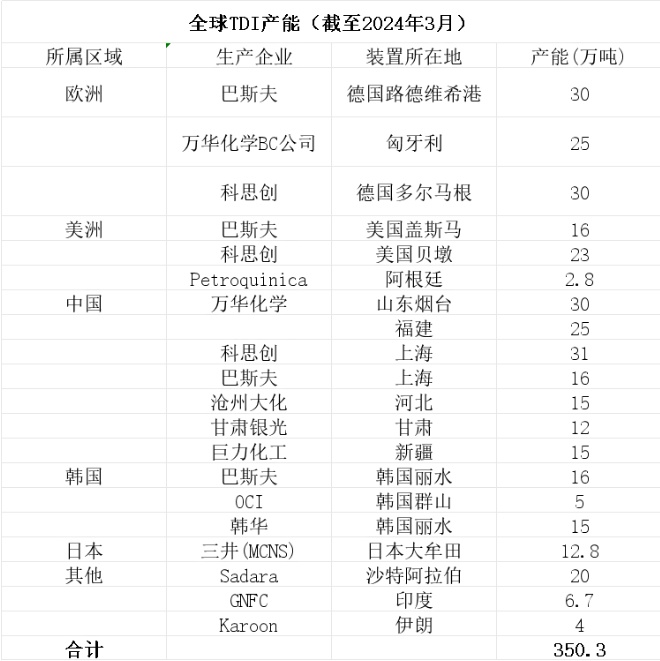
Covestro faces force majeure!
-
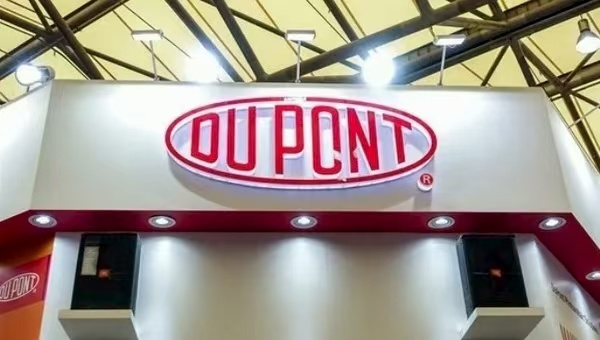
DuPont to Spin Off Nomex and Kevlar Brands for $14.4 Billion: Is Aramid Fiber Still Attractive?
-
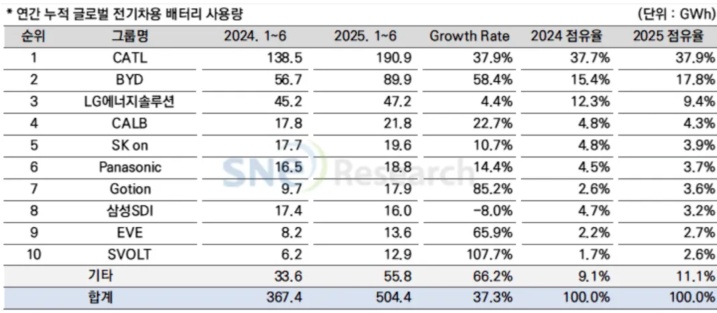
Massive Retreat of Japanese and Korean Battery Manufacturers
-
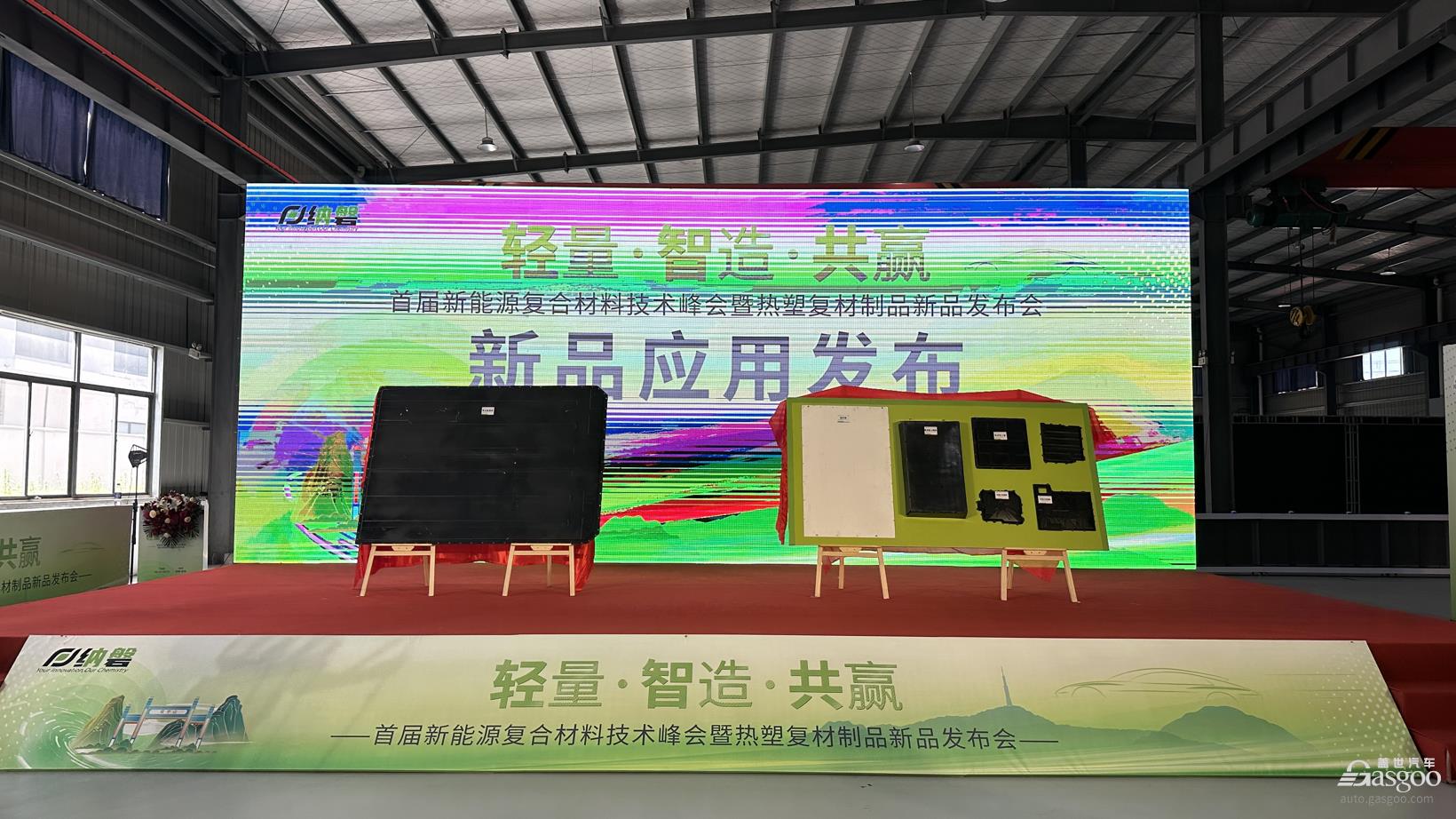
Napan Unveils Thermoplastic Composite Three-in-One Power System Solution, Battery Cover Weight Reduced by 67%



